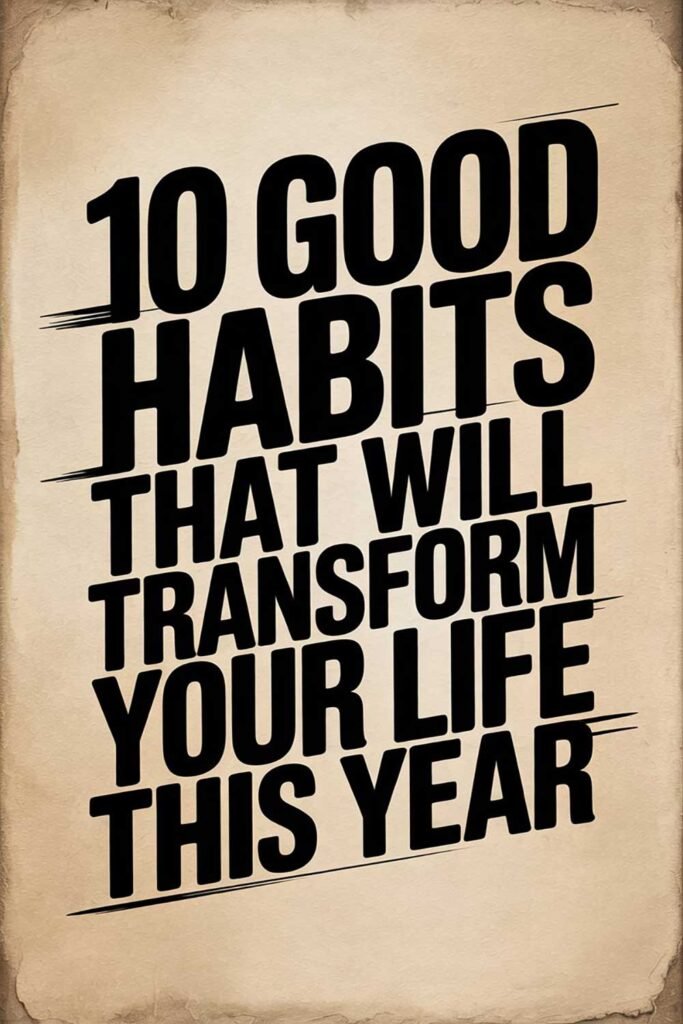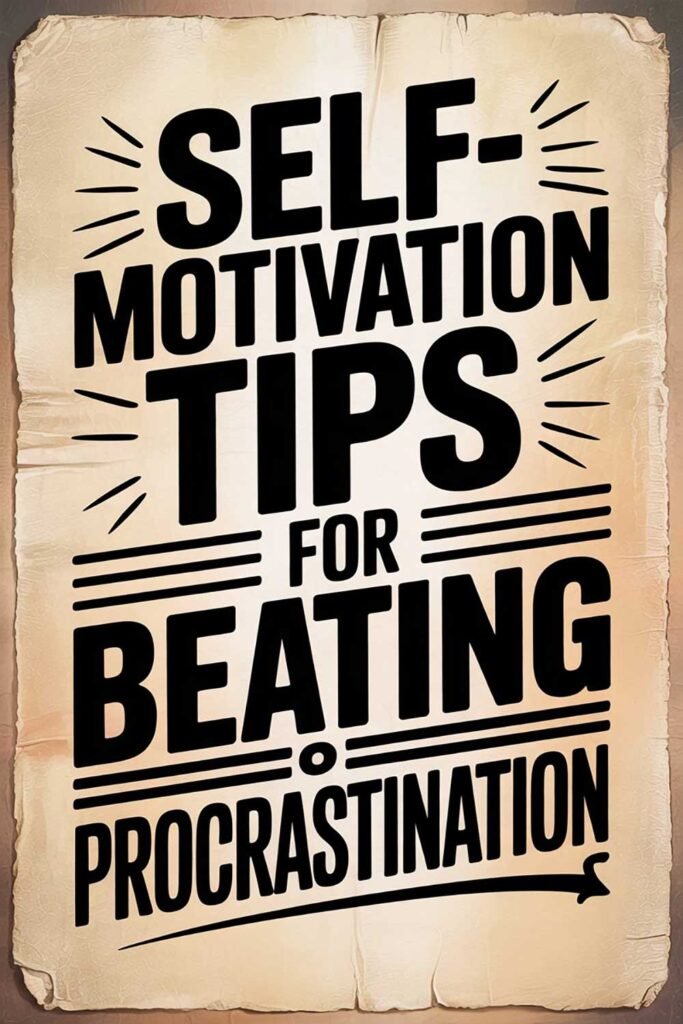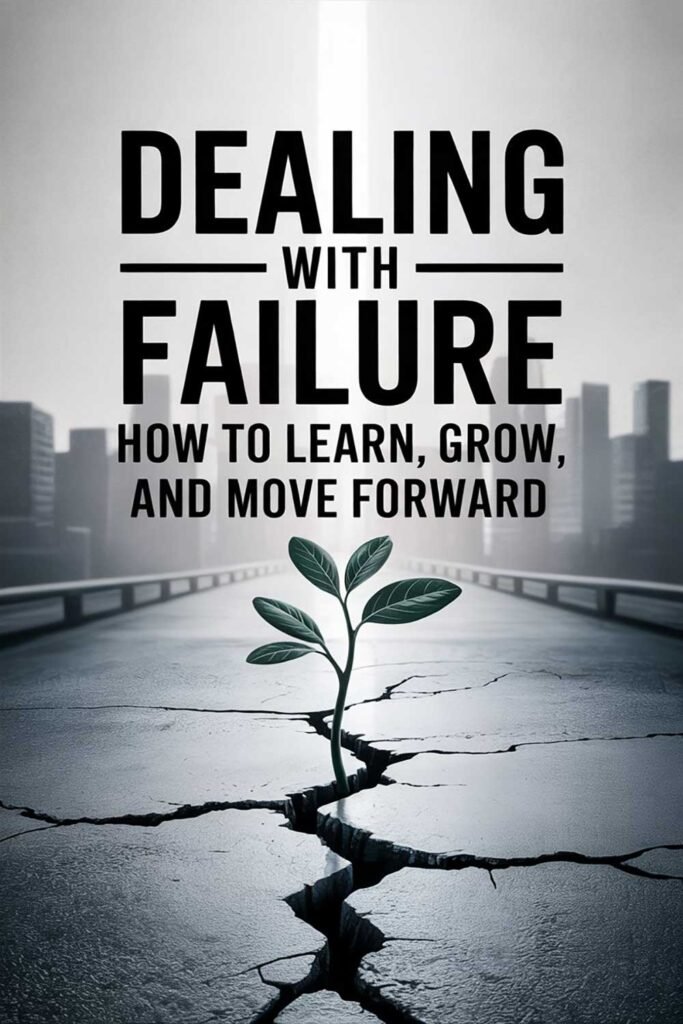Why Budgeting Doesn’t Have to Be Boring
When you hear the word “budget,” you might think of spreadsheets, strict rules, or saying no to everything fun. But what if we told you that budgeting can be creative, empowering, and yes—even fun?
Budgeting isn’t about punishment. It’s about freedom. It gives you control over your money, your goals, and your future. And when you shift your mindset from restriction to intention, everything changes.
Let’s dive into how budgeting can be exciting, personalized, and something you actually look forward to doing.
1. Budgeting Is About Spending on What You Love
A budget isn’t about cutting back—it’s about spending on purpose.
When you track your spending, you realize:
- Where your money is going
- What’s worth it and what isn’t
- How to prioritize what brings you joy
Real-life example:
Jess, a foodie and traveler, thought budgeting would kill her fun. But when she started tracking her money, she found $300 in subscription charges she didn’t use. She redirected that money toward monthly weekend trips.
2. You Can Make It Colorful and Creative
Ditch the boring Excel sheet. Try:
- Budgeting journals with stickers
- Color-coded charts
- Bullet journals with savings trackers
Real-life example:
Amber created a budgeting binder with highlighters, themed pages, and financial quotes. It became her favorite Sunday ritual.
3. Turn Budgeting Into a Game
Challenge yourself:
- No-spend weekends
- Grocery budget bingo
- Save-the-change jar
- Cash envelope stuffing challenges
Real-life example:
Jake, who used to hate budgeting, turned it into a game with his roommate. They competed to see who could save the most each week. The winner got to pick their next hiking destination.
4. Reward Yourself for Budget Wins
Celebrate milestones:
- Paid off a credit card? Treat yourself to a movie night.
- Saved $500? Enjoy a budget-friendly spa day at home.
Real-life example:
Nina gave herself a small reward every time she hit a savings goal. She looked forward to budgeting sessions just to get closer to the next milestone.
5. Use Apps That Make It Fun and Visual
Try tools that gamify budgeting:
- YNAB (You Need a Budget)
- Goodbudget (envelope system)
- Mint (automatic tracking)
- Qube Money (digital envelopes)
Real-life example:
Leo used to hate checking his finances. With an app that sends colorful charts and goal badges, he now checks in daily.
6. Set Goals That Excite You
Don’t just save to save. Save for something that lights you up.
- Dream vacation
- New home decor
- Emergency fund = peace of mind
Real-life example:
Brittany, newly married, set a goal to save for a honeymoon in Bali. Budgeting stopped feeling like sacrifice and became a shared dream.
7. Create a Money Vision Board
Visualize your why.
- Cut out magazine photos
- Add quotes, goals, and dollar amounts
Real-life example:
Marcus made a vision board showing a cabin in the woods. Every time he wanted to splurge, he looked at the board and chose to save instead.
8. Get Your Partner or Friends Involved
Make it social:
- Budget nights with wine and music
- Compare savings goals with friends
- Financial book clubs
Real-life example:
Tasha and her husband have a “Money & Margaritas” night once a month. They review their budget, update goals, and toast to wins.
9. Include a “Fun Money” Category
Budgeting doesn’t mean zero fun.
- Add a monthly “joy” category
- Guilt-free spending on whatever you want
Real-life example:
Daniel budgets $100/month to spend however he likes. It gives him freedom while keeping his finances in check.
10. Track Progress Visually
See your success grow.
- Savings thermometers
- Debt payoff chains
- Jar of coins or colored-in goal trackers
Real-life example:
Emma made a paper chain for her credit card debt. Every link paid off was a small win, and the chain shrinking felt amazing.
20 Quotes to Make Budgeting Feel Fun, Smart, and Empowering
“A budget is telling your money where to go instead of wondering where it went.” – Dave Ramsey
“Do not save what is left after spending, but spend what is left after saving.” – Warren Buffett
“Budgeting isn’t about limiting yourself—it’s about making the things that excite you possible.” – Unknown
“Money is a terrible master but an excellent servant.” – P.T. Barnum
“When you know where your money goes, it grows.” – Unknown
“Fun is not the enemy of finance.” – Unknown
“It’s not your salary that makes you rich. It’s your spending habits.” – Charles A. Jaffe
“Savings, like dieting, is all about portion control.” – Unknown
“Budgeting is the art of planning your financial freedom.” – Unknown
“You don’t have to be rich to budget. You have to budget to be rich.” – Unknown
“A goal without a plan is just a wish.” – Antoine de Saint-Exupéry
“Budgeting isn’t boring. Not reaching your goals is.” – Unknown
“The fastest way to double your money is to fold it and put it back in your pocket.” – Will Rogers
“Discipline is choosing between what you want now and what you want most.” – Abraham Lincoln
“Dream big. Budget better.” – Unknown
“Every dollar you save is a step closer to freedom.” – Unknown
“Clarity with your money leads to peace in your life.” – Unknown
“Live below your means so you can rise above your limits.” – Unknown
“What gets measured gets managed.” – Peter Drucker
“Budgeting is self-care in numeric form.” – Unknown
🧠 Picture This
Imagine sitting down with a warm cup of coffee, colorful pens, your favorite playlist in the background, and a budget you actually enjoy updating. Each category reflects your real goals: travel, hobbies, peace of mind. You see your progress. You feel in control. You feel excited. This isn’t budgeting from guilt or fear—this is budgeting as self-empowerment.
What would change if your budget started feeling like a tool for freedom instead of a financial cage?
💬 Please Share This Article
If this article helped shift your mindset about budgeting, share it with a friend or loved one. Let’s make money management something to celebrate, not dread.
⚠️ Disclaimer
This article is for informational and motivational purposes only. It reflects personal finance experiences and general budgeting principles. Please consult a financial advisor or planner for personalized advice tailored to your unique situation.






